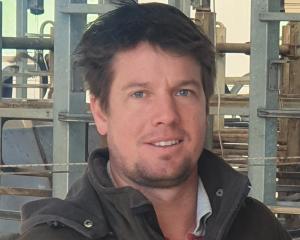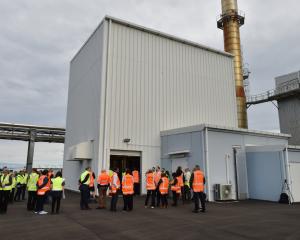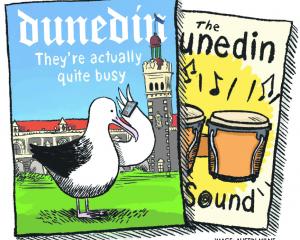
Glen Islay Station is selling more than 120 items tomorrow through the agricultural services company Carrfields, including 12 tractors, 13 other farm machines and 21 motor vehicles.
Carrfields livestock representative Matt McBain said the volume of equipment for sale was the biggest he had seen for several years, which was to be expected from about 8000ha of farming land. He said he would not comment on the sale any further as per the wishes of the station’s owners, the Roy family, who own land around Eastern Southland and South Otago.
Although Glen Islay Station is thought to have been sold for forestry conversion, the Roy family has declined comment.
This follows several livestock sales on the property, with trees having already been planted in some areas.
The conversion of farmland to forestry is a contentious issue among farmers, because as well as being lucrative, planting and then replanting trees can offset carbon emissions, earning carbon credits.
Under the Emissions Trading Scheme (ETS) these credits can be converted into extra profit.
In December, the government put a halt to entering the ETS and receiving carbon credits if converting actively farmed land into exotic forests.
Only last week, Agriculture and Forestry Minister Todd McClay said in a statement that restrictions on full farm-to-forest conversions on LUC 1-6 farmland would be in place this year and reaffirmed they would take effect from December 4, 2024 — the date of the original announcement.
"The government remained concerned about the effect that farm conversions were having on highly productive land — particularly sheep and beef farms in Northland, the East Coast and parts of Otago and Southland,” Mr McClay said.
Vocal Southland farmers and beef and lamb lobbyists alike have said converters are exploiting that intent loophole and it was leading to a rush of farms converting to forestry before the government clamps down any further.
A month ago, Federated Farmers meat and wool executive member Dean Rabbidge, of Wyndham, said the growing number of conversions was a "gold rush’’ that would lead to fewer jobs in small rural communities.
Beef and Lamb NZ climate change programme manager Madeline Hall said the market moves and finds loopholes faster than the government.
Research commissioned by Beef and Lamb NZ showed from 2017-24, 261,733ha — bigger than Stewart Island — of sheep and beef land was converted into forestry.












